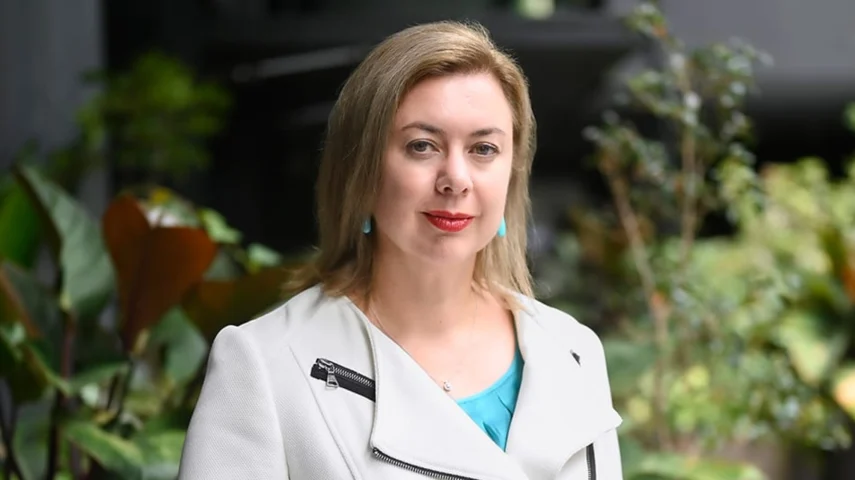FAAA explores how to prevent AFSL phoenixing



The Financial Advice Association Australia (FAAA) is actively exploring how the problem of phoenixing AFSLs can be avoided to prevent greater costs on the Compensation Scheme of Last Resort (CSLR).
Appearing at the FAAA annual conference in Brisbane, FAAA chief executive Sarah Abood and general manager for policy, advocacy and standards Phil Anderson discussed the problem it would present to the sector.
The question was raised by a delegate at the event who asked how they could avoid the CSLR being used as an “insurance policy” by licensees to avoid paying compensation.
Abood said: “This was the case with E&P where they put Dixon into liquidation and moved the clients and advisers to another licensee. It is a tricky problem to solve and we have sought legal advice, but it is likely it will require a change in law to stop that happening.
“We have already seen this with Libertas on a smaller scale, which is part of Sequoia, which closed down and the advisers were moved to another licensee.”
Libertas had its AFSL cancelled by ASIC in August after failing to pay an AFCA determination which had to be paid by the CSLR.
Anderson added: “The reality is that any AFSL where the CSLR is needed because of an unpaid AFCA determination will be cancelled. Another mechanism for some action is the fit and proper regime which includes financial advisers, which include non-payment of AFCA determinations.
“But this is not enough and we need greater penalties for unpaid AFCA determinations by AFSLs who then phoenix up in some other capacity. It is something we are interested in and we want it to be much harder to walk away from.”
Another factor was the payment of professional indemnity (PI) insurance arrangements and whether this would cover losses sufficiently.
“We need more scrutiny of PI, Dixon’s PI did already pay out $16 million, but in the case of a large systemic loss, then PI won’t be enough to cover all the losses,” she said.
“It also doesn’t cover losses from illegal activity or from fraud, so PI is part of the solution but not everything.”
Last week, the Financial Services Council argued ASIC could have a greater oversight of AFSLs’ PI payments.
In its submission to the Senate economics reference committee inquiry into wealth management companies, it said: “Stronger regulatory oversight by ASIC would ensure that licensees are operating within a framework that aligns PI insurance excesses with minimum cash requirements, ensuring firms can effectively meet their financial obligations. By enforcing these measures, the overall risk of unpaid determinations would decrease, directly alleviating the pressure and improving the sustainability of the CSLR.”
Recommended for you
A strong demand for core fixed income solutions has seen the Betashares Australian Composite Bond ETF surpass $1 billion in funds under management, driven by both advisers and investors.
As the end of the year approaches, two listed advice licensees have seen significant year-on-year improvement in their share price with only one firm reporting a loss since the start of 2025.
Having departed Magellan after more than 18 years, its former head of investment Gerald Stack has been appointed as chief executive of MFF Group.
With scalability becoming increasingly important for advice firms, a specialist consultant says organisational structure and strategic planning can be the biggest hurdles for those chasing growth.











